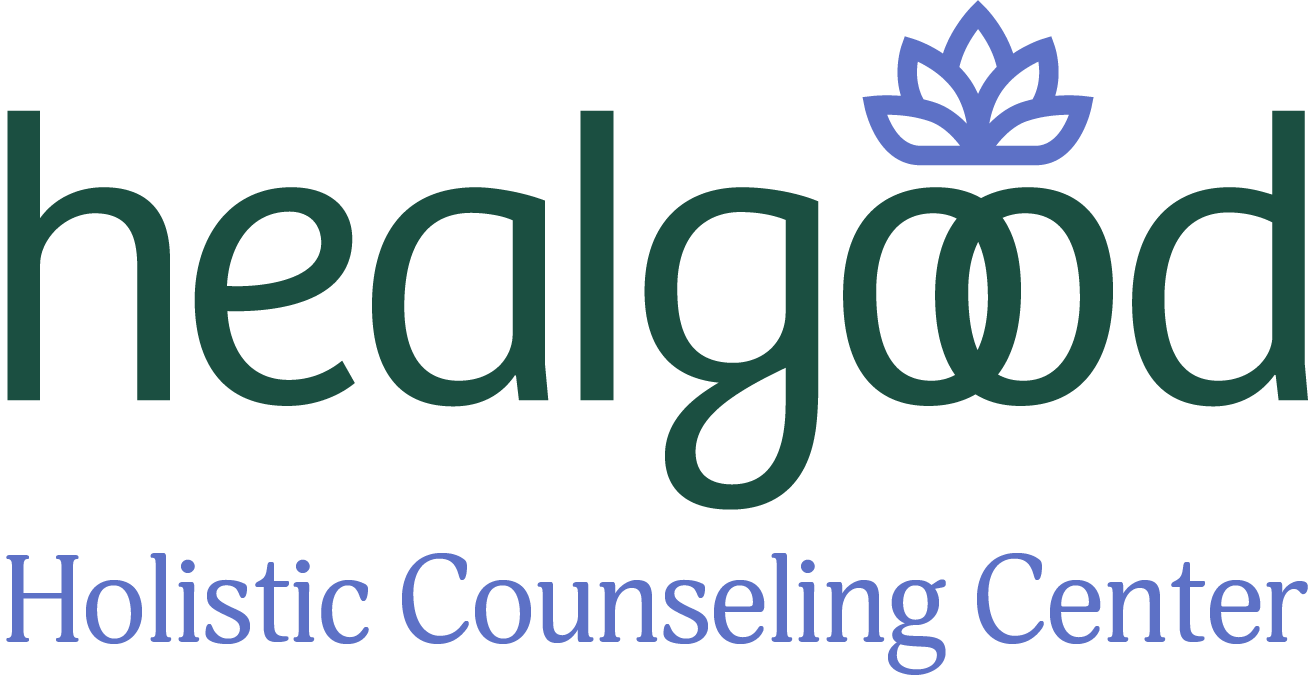Myths and Misconceptions of Family Therapy
Dialectical Behavior Therapy (DBT): A cognitive-behavioral approach focused on balancing acceptance and change. DBT teaches skills like mindfulness, emotion regulation, and effective communication, making it especially valuable in family therapy.
Family Systems Theory: This theory views the family as an interconnected system where each member's actions affect the whole. It helps families understand and improve their dynamics, fostering healthier, more supportive relationships.
Family therapy is a powerful tool for healing and growth, but it is often misunderstood. Myths and misconceptions can prevent families, especially those with adolescents and young adults, from seeking the help they need.
At Healgood, we want to clarify what family therapy is—and what it isn't—while shedding light on our unique approach that integrates Dialectical Behavior Therapy (DBT) with family systems theory.
Common Myths and Misconceptions About Family Therapy
Many see family therapy as a last resort for crisis, but it’s also a powerful tool for enhancing relationships, improving communication, and fostering stronger family bonds. It’s about building healthier dynamics, not just solving problems.
Myth 1: Family Therapy Is Only for Families in Crisis
Reality: Many believe that family therapy is a last resort, only necessary when a family is in severe crisis. However, family therapy can be incredibly beneficial even for families looking to enhance their relationships, improve communication, and prevent future conflicts. It’s not just for addressing problems but also for fostering healthier dynamics and stronger connections.
Myth 2: The Therapist Will Take Sides
Reality: It's understandable that some people may have experienced situations where they felt the therapist was biased or “taking sides.” However, a skilled therapist strives to remain neutral, focusing on understanding each family member's perspective while working toward the unified goals of the family. At Healgood, rather than “calling out,” we believe in "calling in" family members when necessary to address behaviors or dynamics that may need adjustment. This approach is always done in a way that promotes effective change and mutual understanding. Our goal is to support the family's identified goals, facilitate healthy communication, and ensure that all voices are heard and valued in the process.
Myth 3: Family Therapy Is Just Talking About Problems
Reality: While communication is a key element, family therapy goes beyond simply discussing issues. It's about equipping families with practical skills to enhance interactions and manage emotions effectively. At Healgood, we emphasize teaching specific DBT skills like mindfulness, distress tolerance, emotion regulation, and interpersonal effectiveness to foster healthier relationships. Equally important is recognizing and building on a family's strengths and acknowledging what is already working well, not just focusing on the challenges.
Myth 4: Family Therapy Is a Quick Fix
Reality: Therapy is a process that requires time, commitment, and effort from all family members. There is no quick fix, but with consistent practice of the tools and strategies learned in therapy, families can experience significant, lasting improvement.
Our DBT and Family Systems Approach at Healgood
At Healgood, we understand that every family is unique, and so are the challenges they face. Our approach to family therapy is grounded in DBT principles, which are particularly effective in working with adolescents and young adults. We also integrate family systems theory to address the broader dynamics at play.
Wanting to strengthen your parenting skills? Join our Dialectical Parenting™ Skills Course. Learn effective strategies to improve communication, build strong relationships, set expectations, maintain boundaries, and navigate challenges with confidence. Join our next cohort!
1. Improving Communication
Our therapy sessions are designed to help families express their needs and feelings more effectively. We teach DBT skills that focus on interpersonal effectiveness, ensuring that everyone can communicate in a way that reduces misunderstandings and promotes healthy dialogue.
2. Enhancing Emotional Regulation
Adolescents and young adults often struggle with managing intense emotions, which can create friction within the family. Our DBT approach includes teaching emotion regulation techniques that help each family member manage their emotions better, leading to a more stable and supportive home environment.
3. Strengthening Family Bonds
By working through issues together, families can strengthen their connections and build resilience. Our family systems approach helps identify and address the patterns that contribute to conflicts, enabling families to develop healthier dynamics.
4. Providing Practical Skills
We believe in equipping families with practical skills they can use in their everyday lives. Whether it's handling stress, resolving conflicts, or supporting one another, our therapy sessions focus on teaching and reinforcing these skills so that positive changes are sustainable.
The Healgood Difference
At Healgood, our DBT/family systems approach to family therapy is particularly beneficial for families with adolescents and young adults. We recognize the unique challenges that come with this developmental stage and tailor our therapy to meet those needs. Whether your family is navigating difficult transitions, dealing with emotional dysregulation, or simply looking to improve communication, our approach offers the tools and support you need to build a stronger, more connected family.
If you're ready to explore how family therapy can benefit your family, we invite you to reach out to us at Healgood. Your journey towards a healthier family dynamic can start today.
References
Fruzzetti, Alan E., Luciana G. Payne, and Perry D. Hoffman. "DBT with families." Dialectical Behavior Therapy in Clinical Practice (2021): 366-387.
Darrow SM, Maliken AC, Piatigorsky A, Stuart BK, Todd N, Yaeger AM, Londahl-Shaller EA. Effectiveness of the family-based model of dialectical behavior therapy for both suicidal adolescents and young adults in an academic medical center. J Clin Psychol. 2022 Jul;78(7):1422-1435. doi: 10.1002/jclp.23317. Epub 2022 Jan 26. PMID: 35080775.
Miller, Alec L., et al. "Family therapy and dialectical behavior therapy with adolescents: Part I: Proposing a clinical synthesis." American journal of psychotherapy 56.4 (2002): 568-584.
Woodberry, Kristen A., et al. "Family therapy and dialectical behavior therapy with adolescents: Part II: A theoretical review." American Journal of Psychotherapy 56.4 (2002): 585-602.


